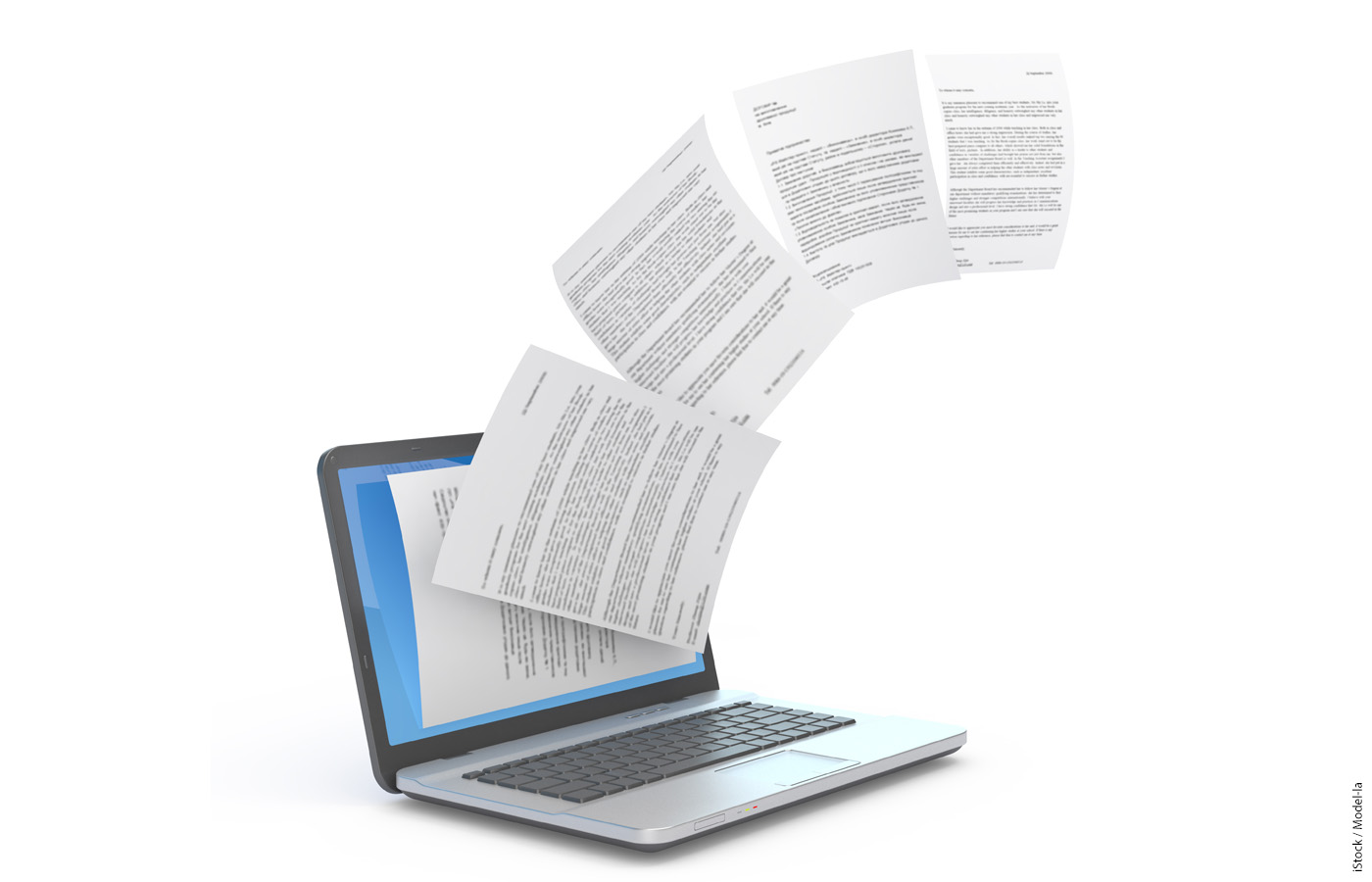Reflecting on the tenets that shape our educational practices is fundamental for …
How Updated Education Data Systems Can Enhance Student Learning
Emma Wordsmith

Amid the ongoing artificial intelligence revolution, many education researchers and experts envision AI ushering in a new era of personalized interventions, such as intelligent tutors. These tools are expected to offer more tailored responses to students’ needs and provide engaging learning materials that are more relevant, ultimately leading to enhanced educational progress. However, the development of AI applications necessitates access to substantial, high-quality datasets—a requirement that is often not met. Generative AI models primarily rely on publicly available data, which are often unstructured, lack documentation, and may be biased.
The Institute of Education Sciences (IES), the autonomous science agency within the U.S. Department of Education that Mark Schneider directed until March 2024, harbors a wealth of data that could significantly contribute to enhancing our comprehension of student learning. The National Center for Education Statistics (NCES), IES’s statistical arm responsible for administering the National Assessment of Educational Progress (NAEP), holds a considerable volume of meticulous data on students’ knowledge and skills. The NAEP program has accumulated extensive data through its assessments, with approximately half a million students participating in the 4th and 8th grade reading and math assessments biennially, while assessments in other grades and subjects are less frequent. The data collected by NAEP are particularly valuable for training AI models since the assessments encompass a nationally representative sample of students and are meticulously evaluated by human graders, offering detailed insights into the tested concepts. Over the past five years, more than $700 million in federal funds have been allocated, with over $100 million dedicated solely to question development, to construct this comprehensive dataset, which includes a myriad of student essays, math problems, and responses to civics assessments. This rich dataset can serve as a valuable resource for researchers, policymakers, parents, and educators to leverage AI technology in enhancing student learning outcomes.
However, the utilization of this data is hindered by the challenging access process through NCES. Cumbersome application procedures, bureaucratic obstacles, and sluggish processes impede both researchers and organizations. For instance, a team of researchers from Vanderbilt University encountered numerous administrative roadblocks over nearly a year while attempting to gain access to three NAEP math datasets, facing inefficiencies such as misplaced documents and the necessity to submit physical paperwork to multiple recipients due to the refusal of e-signatures. These hindrances stem from outdated security policies crafted to safeguard physical records and data stored on obsolete mediums like compact discs, which are incongruent with contemporary data storage practices.
Many government entities, including IES, now offer secure remote access to confidential datasets. The Administrative Data Research Facility (ADRF) established by the Coleridge Initiative presents a secure research environment that simplifies access to sensitive microdata, promoting collaboration, shared computing resources, and other advantages. This virtual enclave enables secure access to NAEP and other student data from IES, benefiting state education agencies, post-secondary institutions, nonprofits, and other entities.
Despite this progress, a bottleneck persists in accessing IES data remotely. Applicants are required to complete antiquated forms referencing outdated concepts such as “anti-virus software,” locked file cabinets, and Internet-disconnected computers. To expedite the process and facilitate AI development for educational purposes, a revamp of the secure-data application process is imperative. A streamlined proposal request system capable of processing online applications, enabling e-signatures, and promoting online collaboration is required to modernize the access process. These modifications will enhance efficiency, automate reviews, and allow staff to focus on substantive matters rather than administrative formalities.
Moreover, broadening access to NCES data entails reconsidering the permissible uses of this data. While NCES emphasizes providing high-quality data products for statistical purposes, there is a reluctance to engage commercial enterprises, particularly tech companies, due to privacy concerns and bureaucratic reservations. However, statistical applications align with training and analytic functions, and innovations in privacy-enhancing technologies can address privacy apprehensions while enabling broader data utilization.
These proposed updates must align with the Family Educational Rights and Privacy Act (FERPA) to safeguard student data privacy while fostering data access for research and development purposes. Efforts to balance privacy protection with data utilization are essential to leverage the rich dataset generated by NAEP for advancing educational practices.
Mark Schneider was the Director of the Institute for Education Science from 2018 through March 2024.
The post Modernizing Access to Education Data Could Improve Student Learning appeared first on Education Next.



